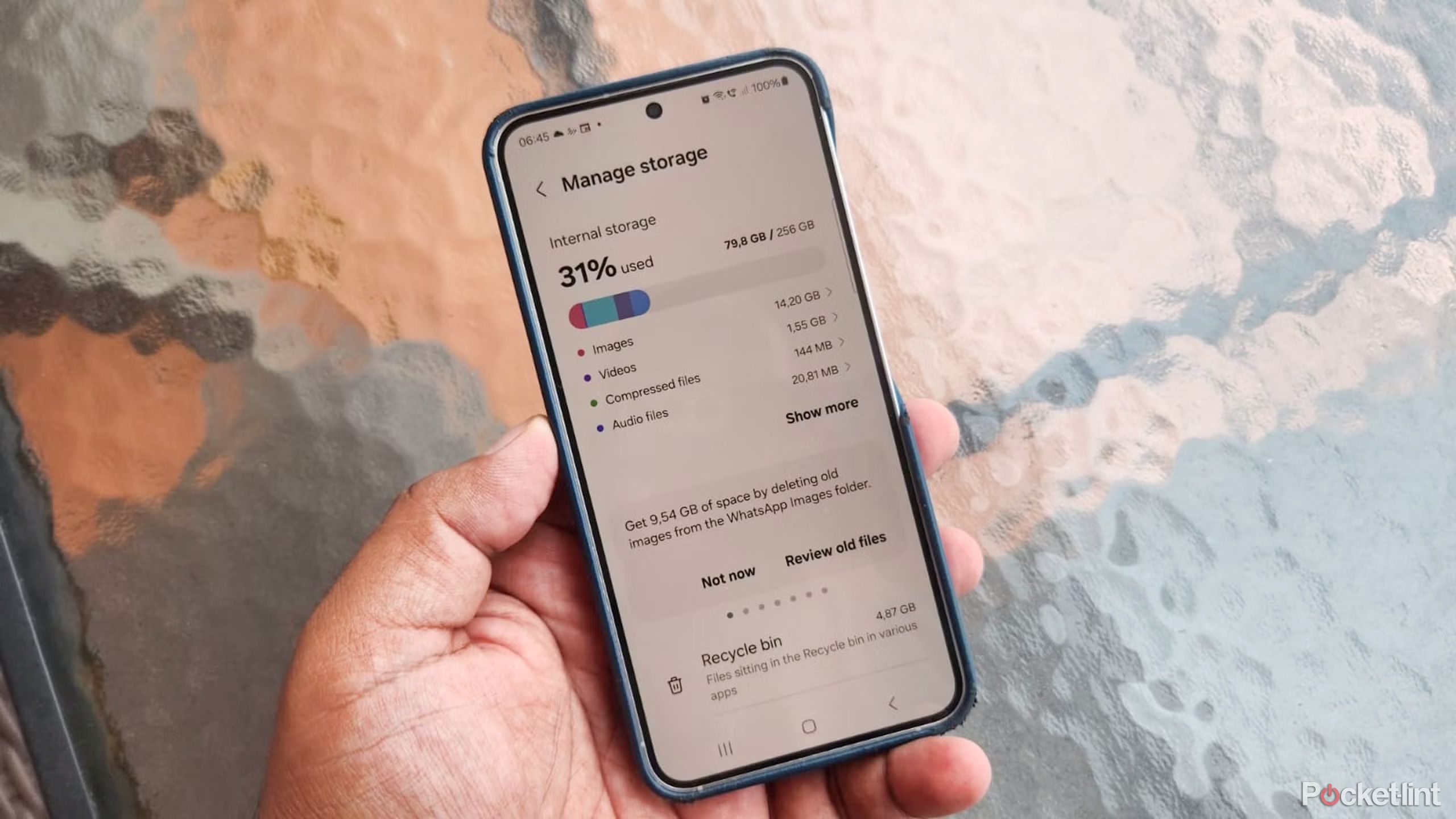Browser wars: Apple’s M1 chips help Safari close the gap on Google Chrome
The success of Apple’s M1 range of silicon could have inadvertently helped drive up the market share of web browser Safari, new data suggests.
The first M1-powered MacBooks were launched in 2020, followed by a series of mobile workstations powered by the M1 Max and M1 Ultra in October, 2021. Both launches were met with critical acclaim.
All Apple devices, of course, come with Safari pre-installed. And according to the latest figures from Statcounter, the company’s browser now accounts for 19.6% of internet activity, up 1.2% in the last three months alone.
While the increase may sound relatively insignificant as a percentage, the raw numbers are much more compelling; data on the total number of web users from Statista suggests Safari has attracted roughly 58 million additional users since the start of October.
A big year for Safari?
The ubiquity of Apple products (iPhones and iPads, as well as Mac devices) means Safari is comfortably the world’s second largest browser, streets ahead of the likes of Microsoft Edge and Firefox.
However, Safari is still nowhere near as widely used as Google Chrome (with 64% market share), which currently has somewhat of a stranglehold on the sector.
That said, the ever-growing popularity of Apple devices and the company’s reputation for high levels of security and data privacy could see Safari begin to close the gap on Chrome this year.
Apple has also been transparent about its efforts to accelerate the adoption of business Macs, which may have a knock-on effect on the size of the Safari user base. Last month, Apple announced it is preparing a device subscription offering whereby businesses will be able to lease MacBooks for as little as $30/month.
Although Google executives won’t lose any sleep over the threat posed by Safari just yet, the browser wars appear set to rage on in 2022.
Protect your online privacy with the best VPN services around




